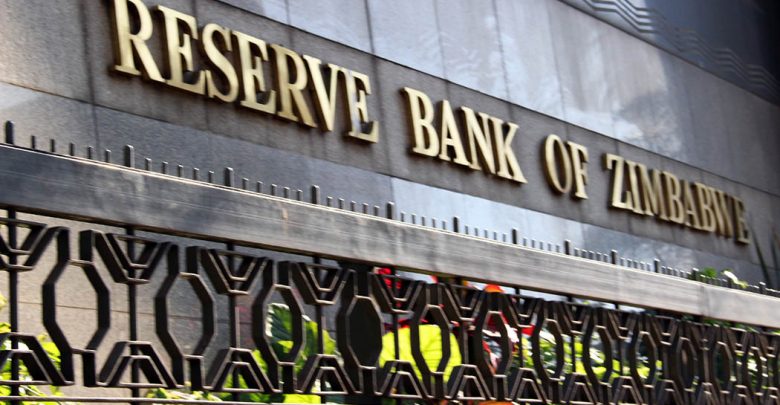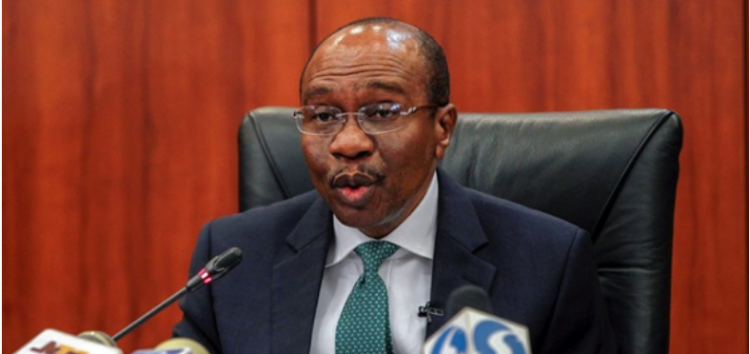The Reserve Bank of Zimbabwe (RBZ) has revealed plans to launch a Regulatory Sandbox Framework later this year, according to its mid-term policy statement. The sandbox will be part of measures to promote the adoption of financial technologies in the country.
The Bank is set to operationalise the Regulatory Sandbox Framework after a consultative process with major stakeholders. The framework will be issued to the market for comments before being finalised and rolled out later in the year,” the statement read.
According to the RBZ, “the framework will outline the qualification, application and evaluation criterion for entities to be admitted into the sandbox. The sandbox provides an opportunity for innovators to connect to banks and other financial system players.”


Zimbabwe will be joining Kenya, Mauritius, Sierra Leone, Uganda, Mozambique and Nigeria as one of the African Countries to draft Sandbox Regulations which have either been launched or are still in the design phase.
Mauritius is the only African Country to Accept Crypto Solutions into its Fintech Regulatory Sandbox
In 2019, Kenya’s Capital Markets Authority (CMA) launched a regulatory sandbox to enhance the adoption of fintech innovation in the capital markets. The sandbox policy was drafted for fintechs to carry out live tests on avant-garde products and services that could broaden the scope of the Kenyan capital markets.


Companies incorporated in Kenya were invited to apply for the regulatory sandbox scheme for a one-year period. They were required to pay a stipulated non-refundable fee. Applications by individuals were not acceptable.
Cryptocurrency projects and developers were barred from attending the sandbox. Only blockchain firms not dealing with cryptocurrencies were considered since the CMA’s mandate did not include cryptos.
The Bank of Sierra Leone (BSL) launched its regulatory sandbox program in 2018, despite having one of the lowest financial inclusion rates in the world. The country’s central bank then began a pilot program within the sandbox regulations to promote financial innovations and technologies, but also with the exemption of cryptocurrency platforms.
The BSL subsequently hosted the Bank of Sierra Leone Pilot Sandbox Framework for FinTech Challenge.
In late 2018, the Financial Services Commission (FSC) of the Republic of Mauritius published its regulatory sandbox policy framework for fintech startups including cryptocurrency blockchain services. Unlike Kenya and Sierra Leone, the Mauritius government fully embraced the prospects of working with crypto developers, citing their services as a means to increase private investment and employment opportunities in the country.


Very recently, the Central Bank of Nigeria also released its CBN regulatory sandbox draft framework to control innovation in Nigeria’s fintech space. The Nigerian fintech sandbox also didn’t accept cryptocurrency solutions as crypto are not recognised as legal tender.
How Effective Have the Regulatory Sandboxes Been So Far?
Since the Regulatory Sandbox went live in Kenya on March 2019, six innovative fintech companies have been admitted to deploy and test run their inventions. Another fintech startup has successfully completed the Regulatory Sandbox scheme and is reportedly working towards bringing its innovations into the wider capital markets.


Sierra Leone’s Pilot Sandbox Fintech Challenge produced a winner and four other finalists as the first participants of the sandbox framework. The winner and runners-up were awarded $100,000 in funding investment to deploy their products on a bigger scale.
According to Mauritius’s Economic Development Board (EDB), more than nine fintech startups and cryptocurrency companies have been granted regulatory sandbox licenses by the EDB so far.
Up to three crypto-based startup have received licenses, with the Mauritius government even working towards extending the regulatory sandbox to crowdfunding platforms.
Summary
Regulatory sandboxes usually operate for short periods and are still only emerging in Africa’s developing countries. It is important to stress that while the governments and central banks of these countries seek to monitor and regulate fintech innovation, they do not end up suppressing their prospects and may want to reconsider incorporating cryptocurrency and blockchain services.






